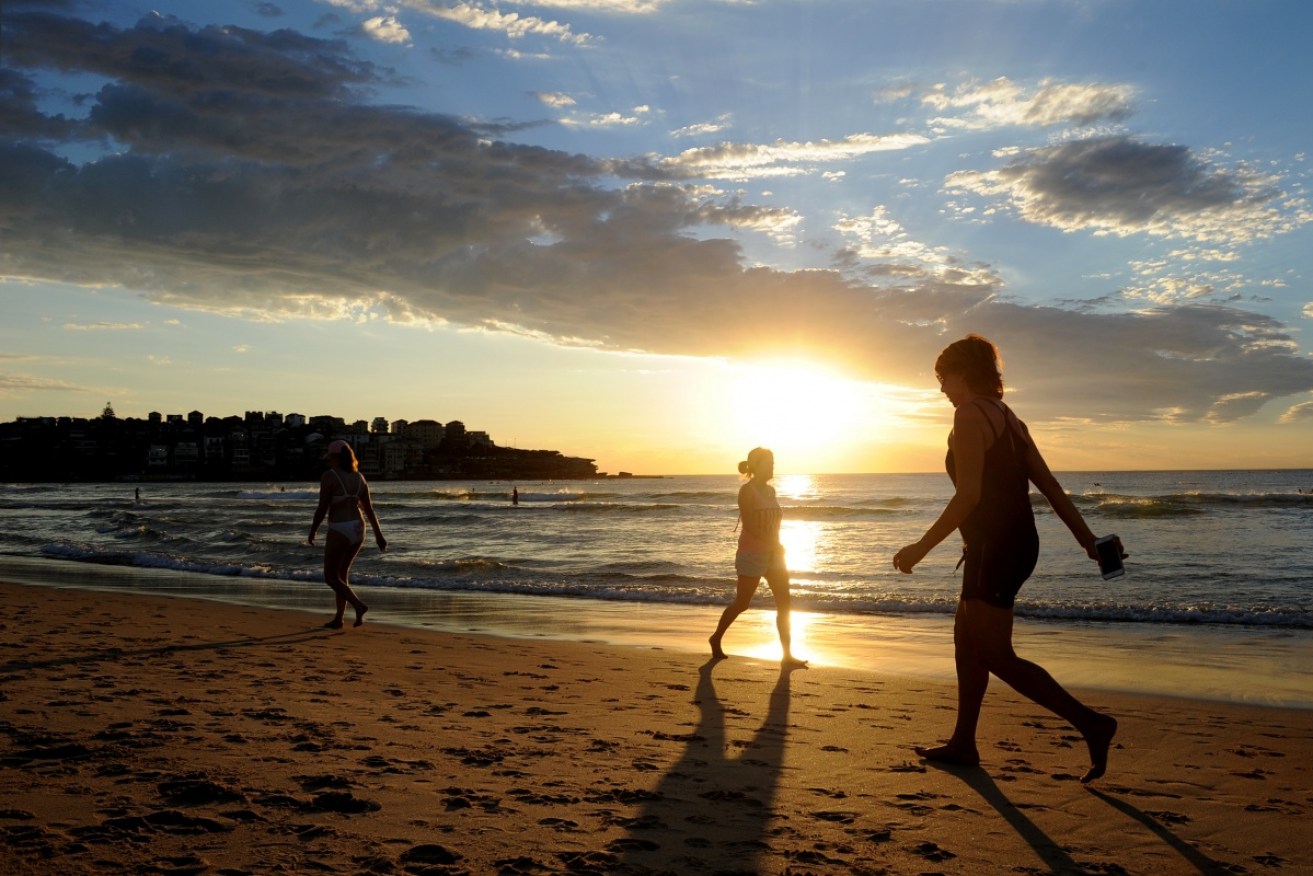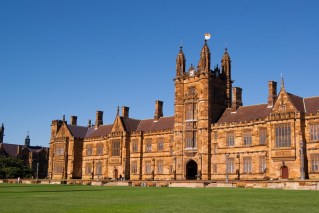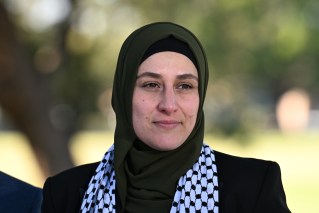Consumers to be paid to power down airconditioners during heatwaves


A new pilot program will reward Australians who conserve energy on hot days. Photo: AAP
Householders will receive cash incentives to power down their airconditioners and other appliances on hot days under a pilot program aimed at helping keep the lights on this summer.
Amid concerns over looming blackouts, the Australian Energy Market Operator (AEMO) is set to manage a $36 million “demand response” trial in New South Wales, Victoria and South Australia from December.
Environment Minister Josh Frydenberg said thousands of households would be invited to “voluntarily conserve their energy use” in exchange for “incentives such as rebates on their power bills”.
He said a household could be paid $25 for switching off at a time of peak demand.
“Demand response works by providing a financial incentive to energy users to conserve their energy use during times of peak demand,” Mr Frydenberg said.
“The energy saved can then be directed to help stabilise the grid when and where it is needed.”
Consumers could receive a free weekend of electricity or movie vouchers depending on their provider and will be under no obligation to take part in the trial. Energy retailers involved in the trials include Powershop, Energy Australia, Flow Power and AGL.

Australians could be paid to turn off appliances during heatwaves. Photo: Shutterstock
During days of peak demand, customers will be sent a text message inviting them to reduce their consumption.
Other pilot projects include installing smart thermostats to control airconditioners, heating and ventilation in businesses and homes.
Mr Frydenberg said remote-monitoring and control devices would also be installed in commercial and industrial businesses to reduce their energy use on hot days.
The government estimates the trial will help deliver an extra 200 megawatts of capacity to secure the grid this Summer.
AEMO managing director and chief executive officer Audrey Zibelman said demand-response mechanisms had “untapped potential” to manage demand during “extreme peaks in Australia, just as it does in other countries”.
She denied it was about “turning the lights off or making people uncomfortable”.
“It is not about turning the lights off or making people uncomfortable, it is actually just getting smarter about using [electricity], just like we got smarter about using water, and therefore making it efficient and cheaper,” Ms Zibelman said.
Demand-response programs are already in place in countries such as the United States, New Zealand and Taiwan.
AEMO warned in June that there was a “risk of electricity supply falling short of demand” in extreme conditions this Summer.
Energy minister takes swipe at Abbott
The announcement comes as the Turnbull government faces internal divisions over energy and climate policy that intensified on Tuesday with a speech by former prime minister Tony Abbott.
Mr Abbott told a UK climate sceptics group that global warming was “probably doing good”, but Mr Frydenberg hit back on Wednesday, saying that “climate change was real” and the government took its “advice from the scientific experts”.
“We believe we need to reduce our emissions. That is why Tony Abbott signed up to the Paris agreement,” Mr Frydenberg said.
“I point out that, at the time, Tony Abbott said that the agreement Australia struck at Paris was a definite commitment and that it was economically responsible and environmentally responsible.
“They were Tony Abbott’s words. Now the Turnbull government is continuing the work of Coalition governments to reduce carbon emissions but to do so in a way that doesn’t compromise the affordability and the reliability of our system.”








